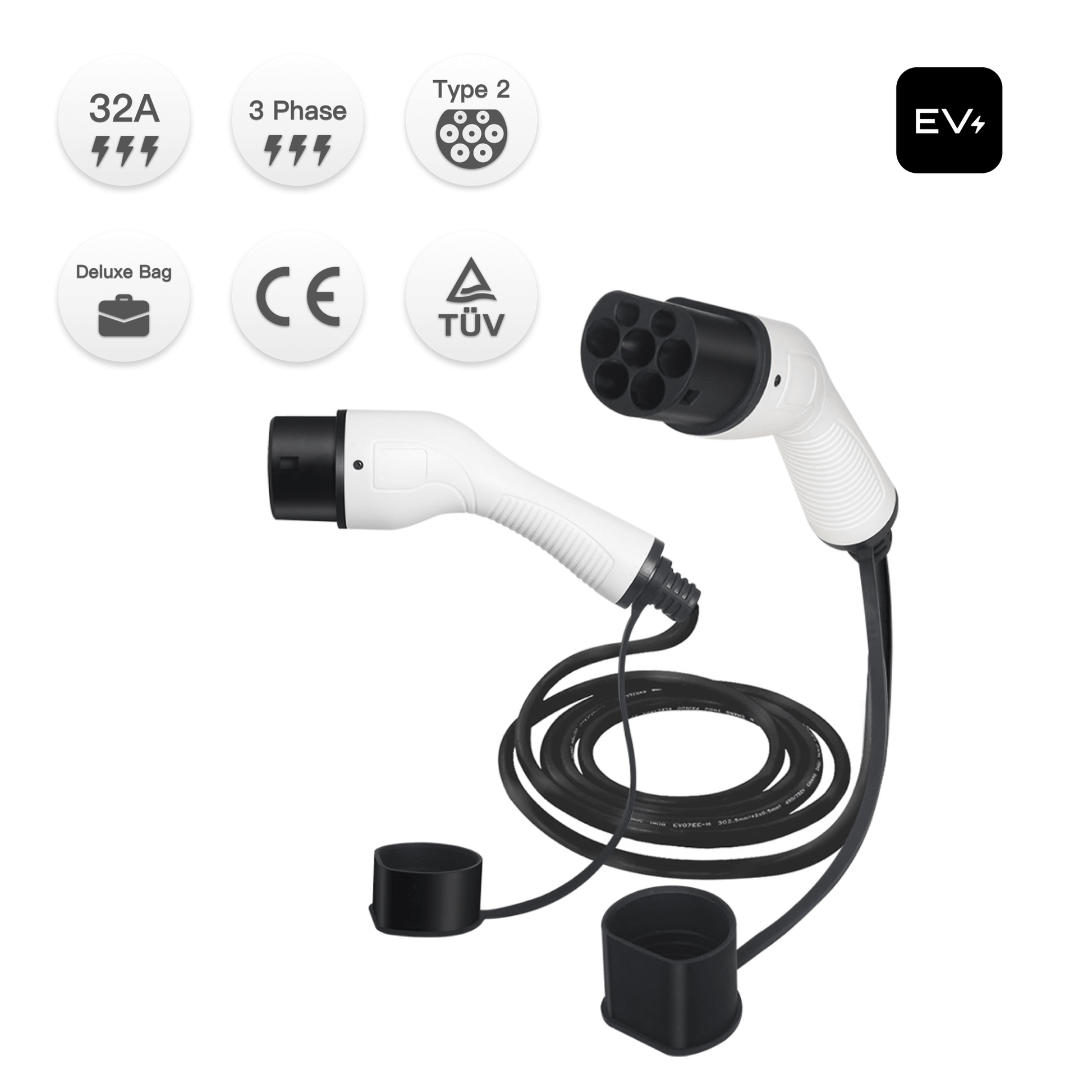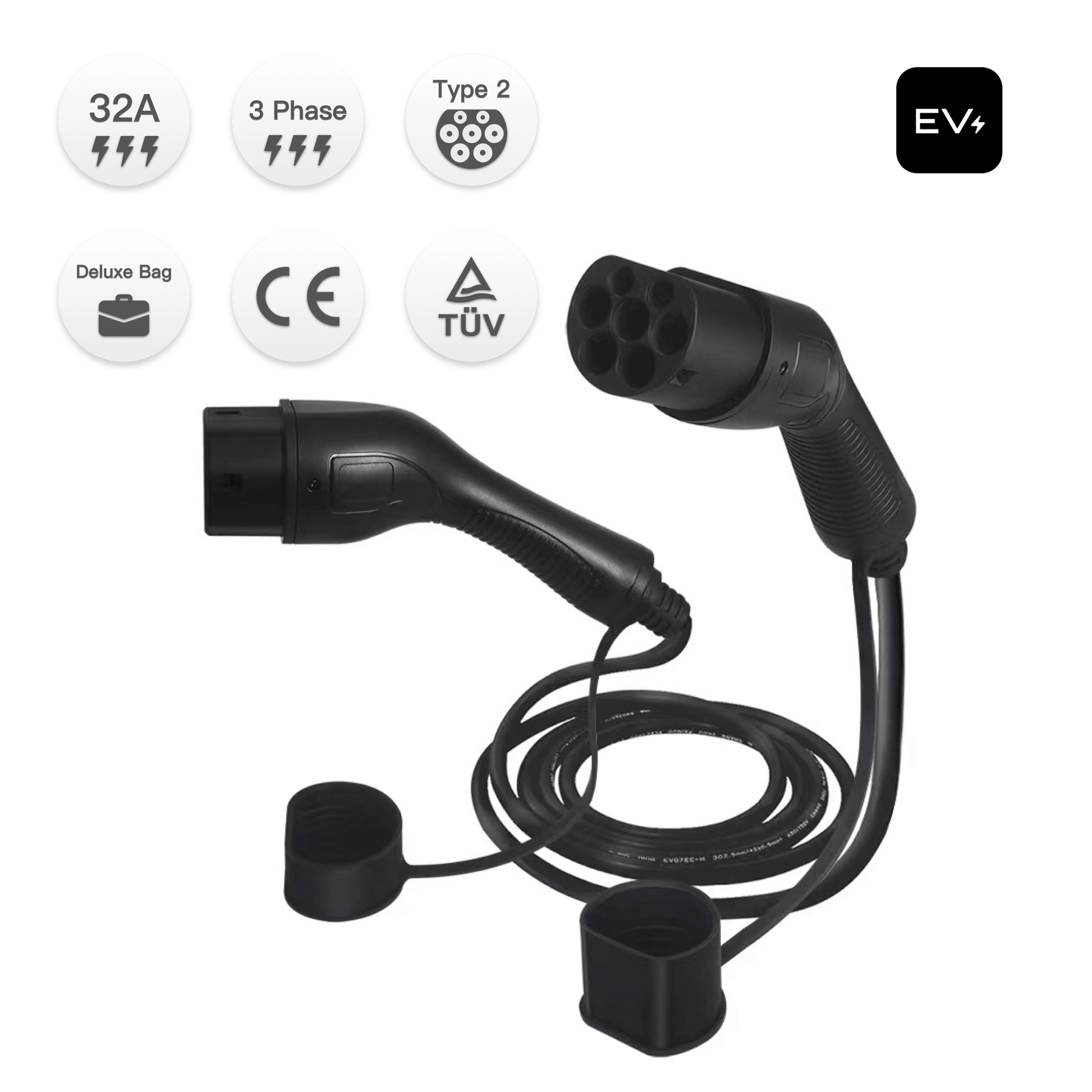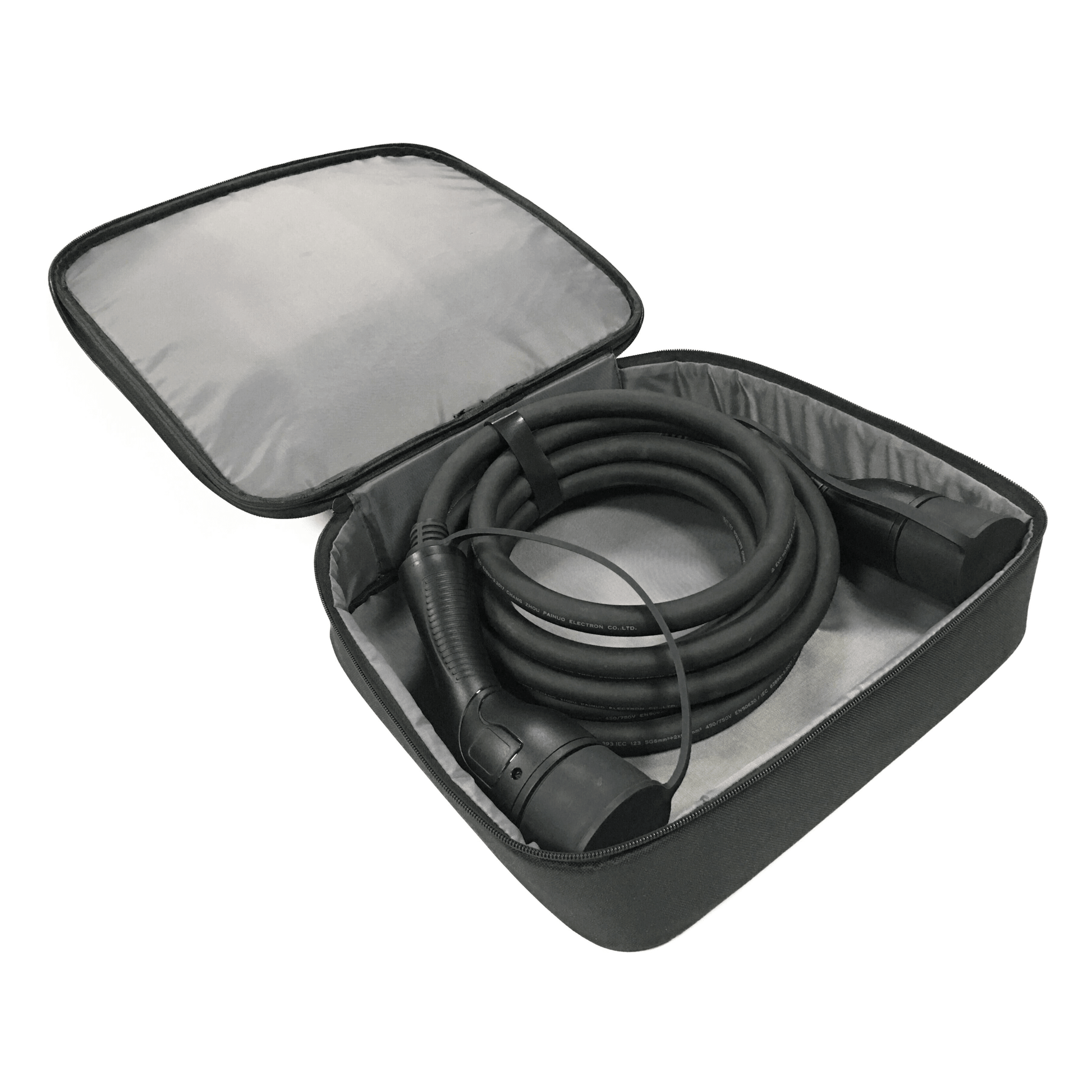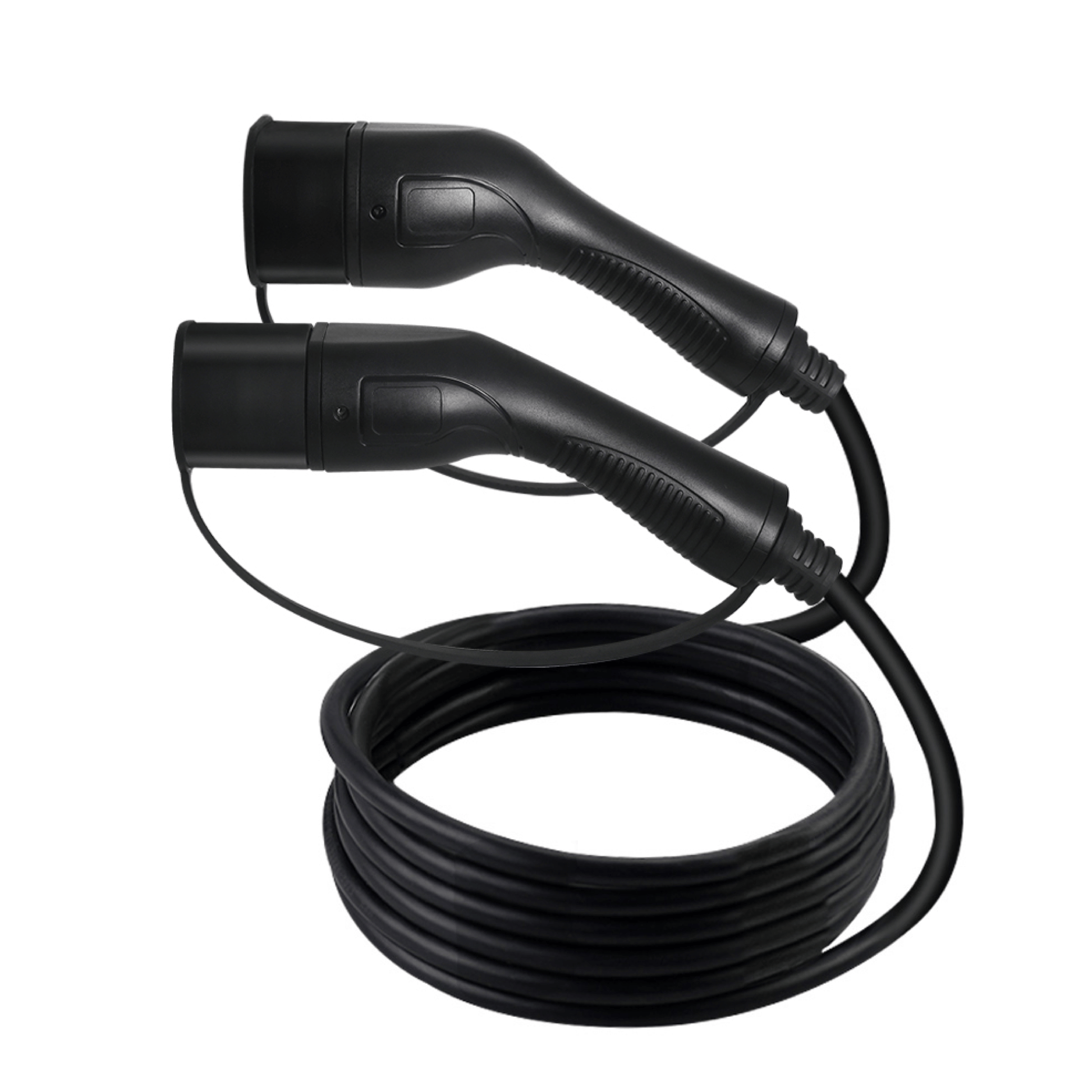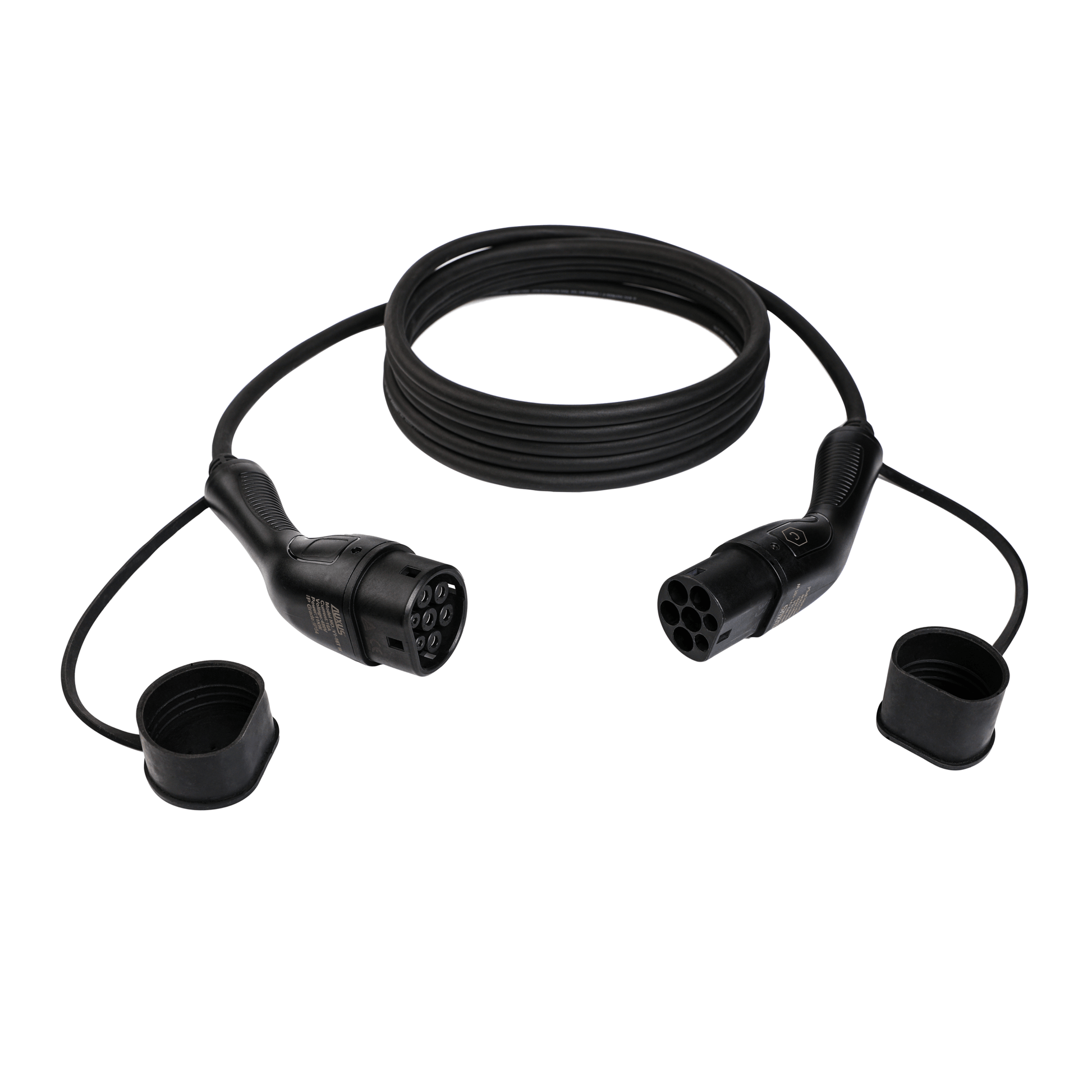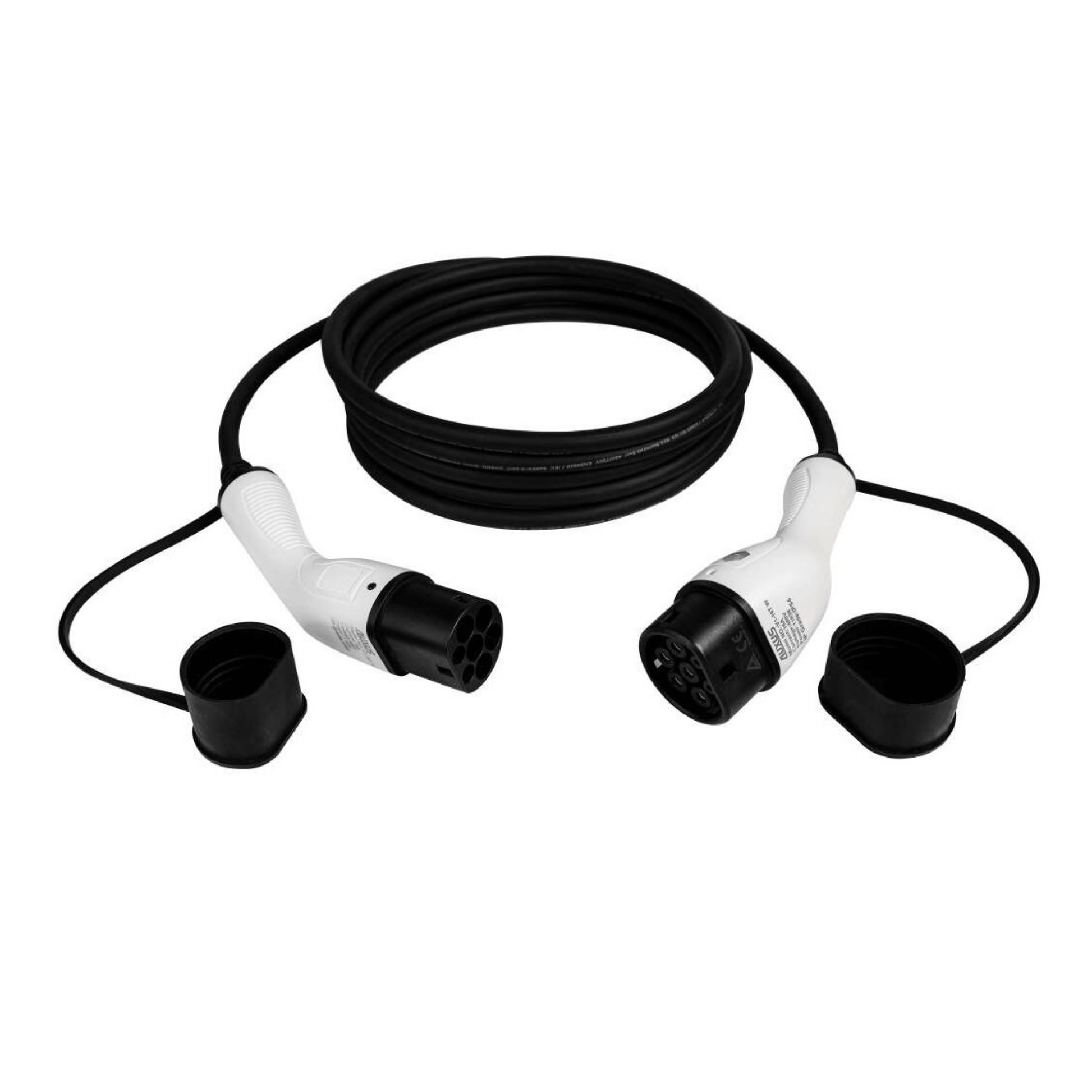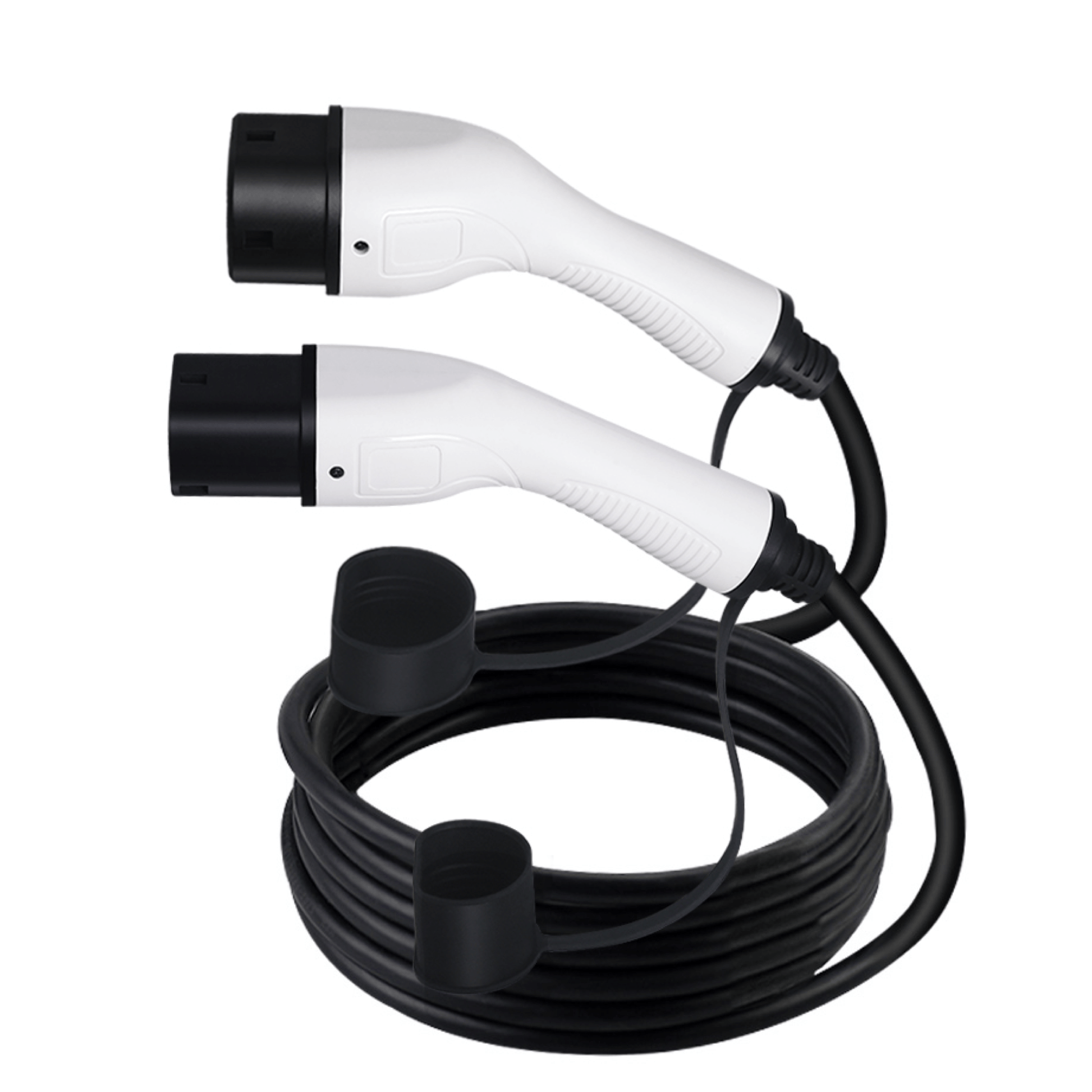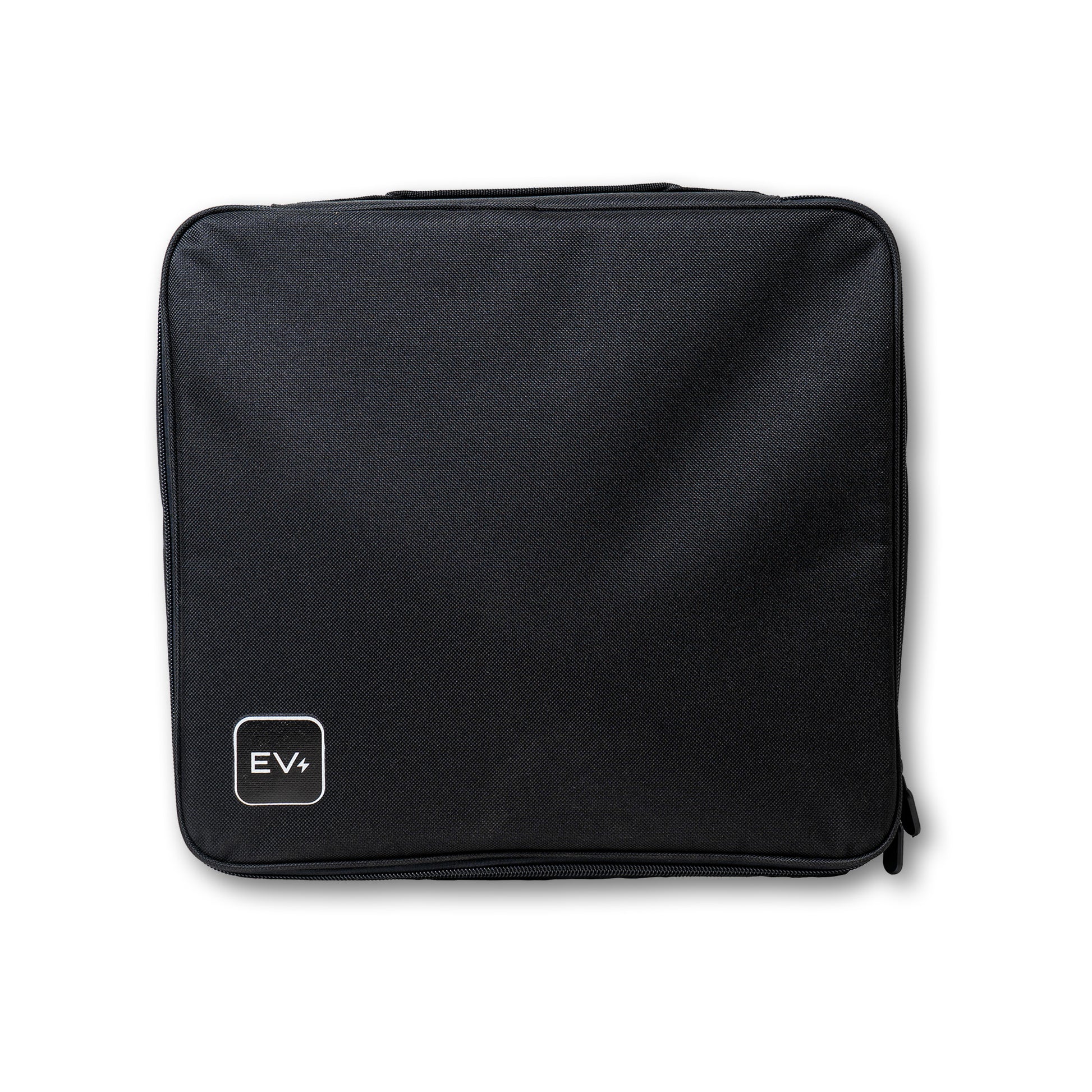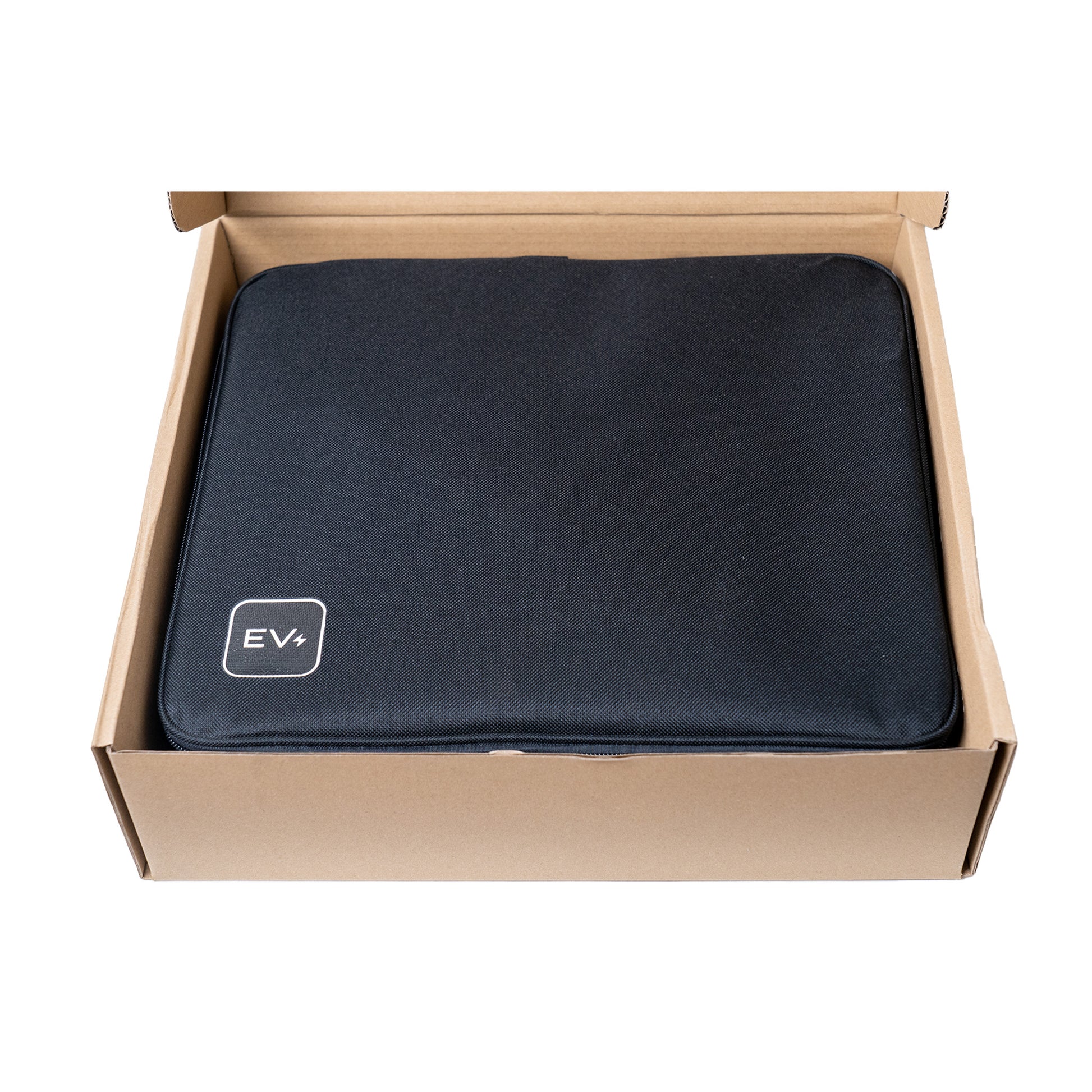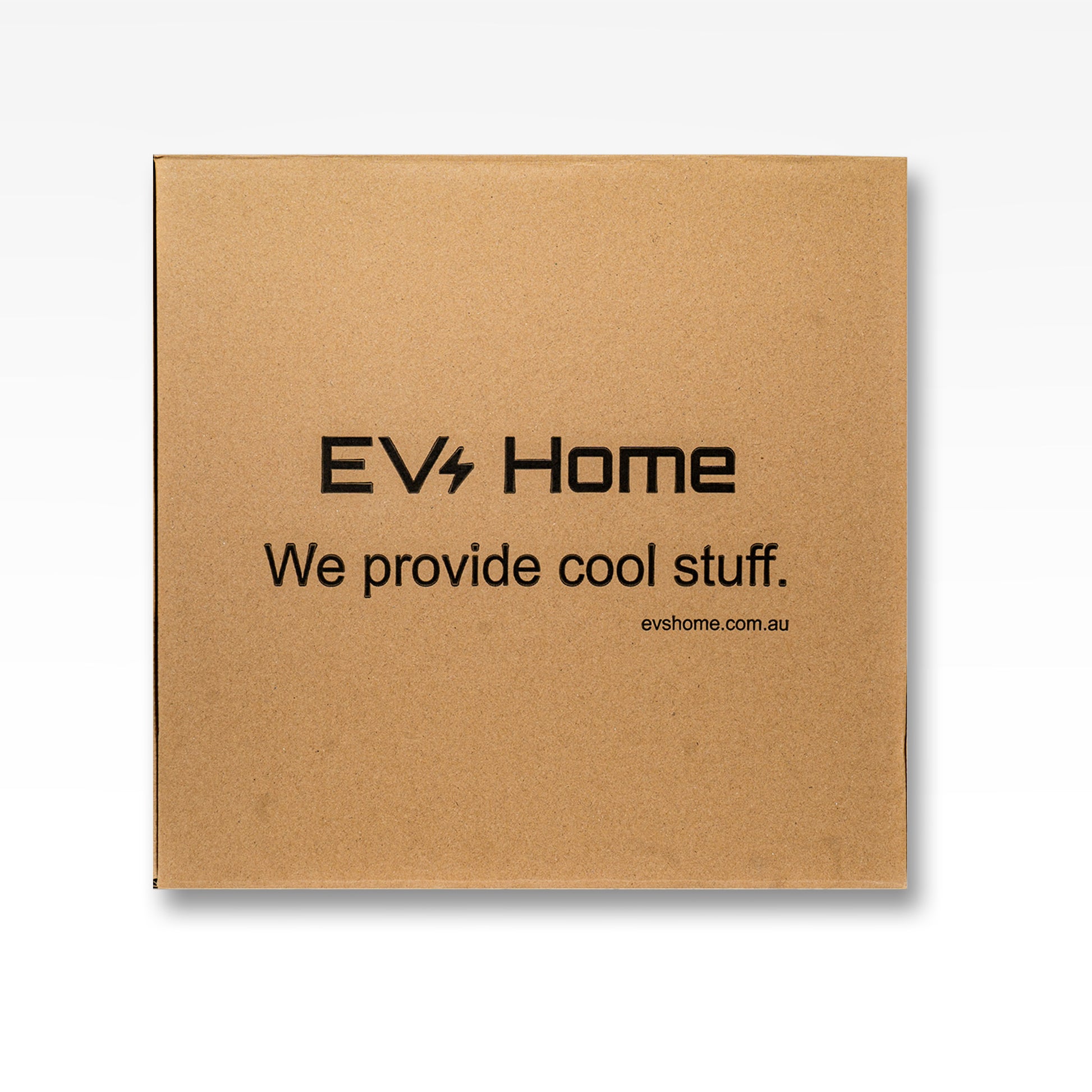EvsHome
Type 2 to Type 2 EV Charging Cable | 22kW 32A 3Phase | Deluxe Bag
Type 2 to Type 2 EV Charging Cable | 22kW 32A 3Phase | Deluxe Bag
- Free Shipping
Couldn't load pickup availability
Overview
-
Type 2 to Type 2 EV Charging Cable 22kW 32A – Cable between your electric car and universal charging station.
- Comes with a deluxe packing bag (Oxford cloth with zipper/handle) View the Product
- Power Three Phase: 22kW
- 3/5/7-meter premium lightweight heavy-duty cable
- TPU jacket for lifetime protection
- Dustproof cap made of silicon, attached to the tail
- Compatible with all-electric vehicles and models including Audi, BMW, BYD, EQC, Holden, Honda, Hyundai, Jaguar, KIA, Mazda, Mercedes Benz, MG, Mini, Mitsubishi, Nissan 2018+, Polestar, Renault, Rivian, TESLA, Toyota, Volkswagen, Volvo, and more.
For a comprehensive guide to finding the best accessories for your EV, check out our blog: Essential Gadgets for EV Owners in Australia.
Technical Details
| Item Weight | 4.7kg |
|---|---|
| Item Color | White/Black |
| Length | 3m, 5m,7m |
| Certificates | CE, TUV, TUV-mark, RoHS, Reach, CB |
|
Warranty |
2 Years |
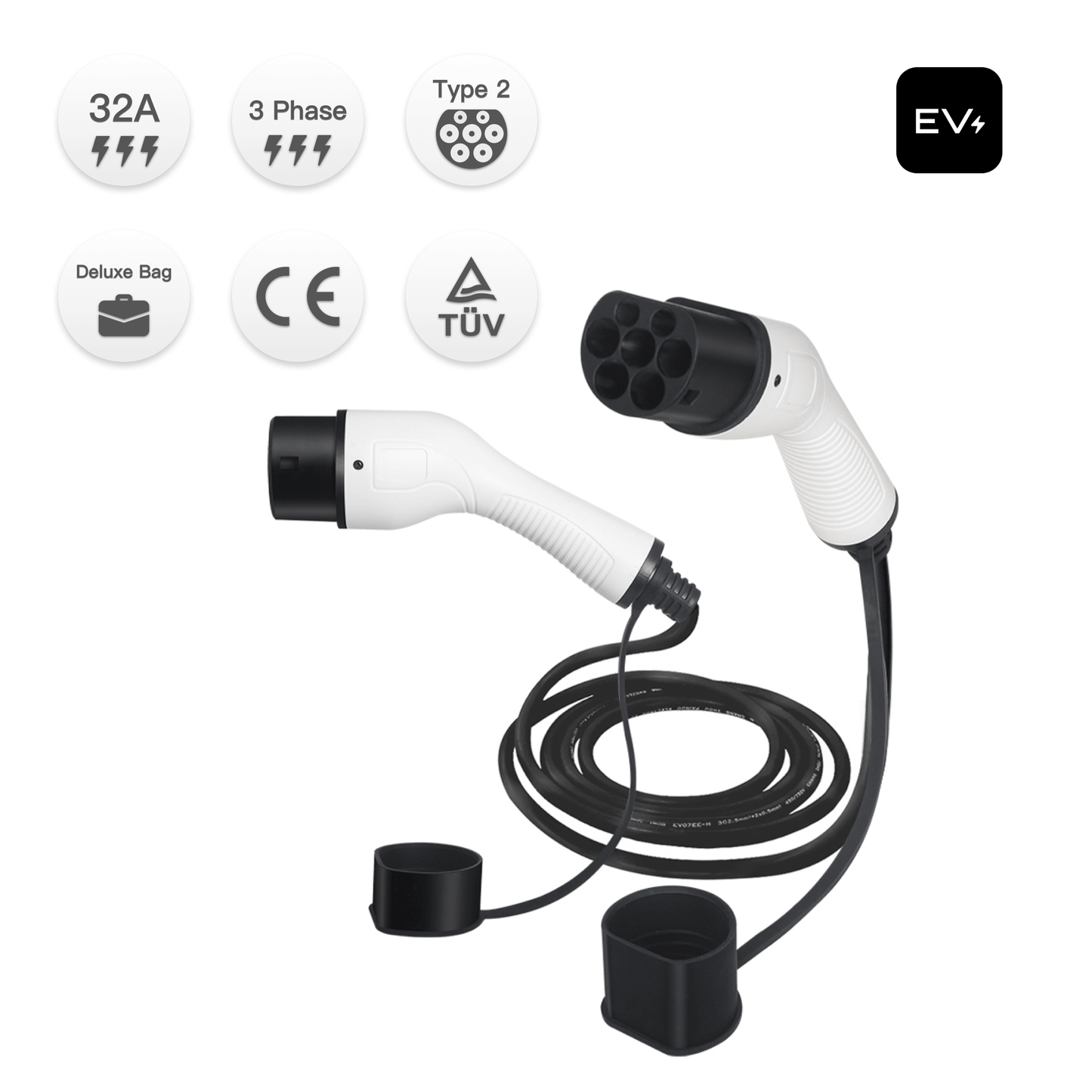
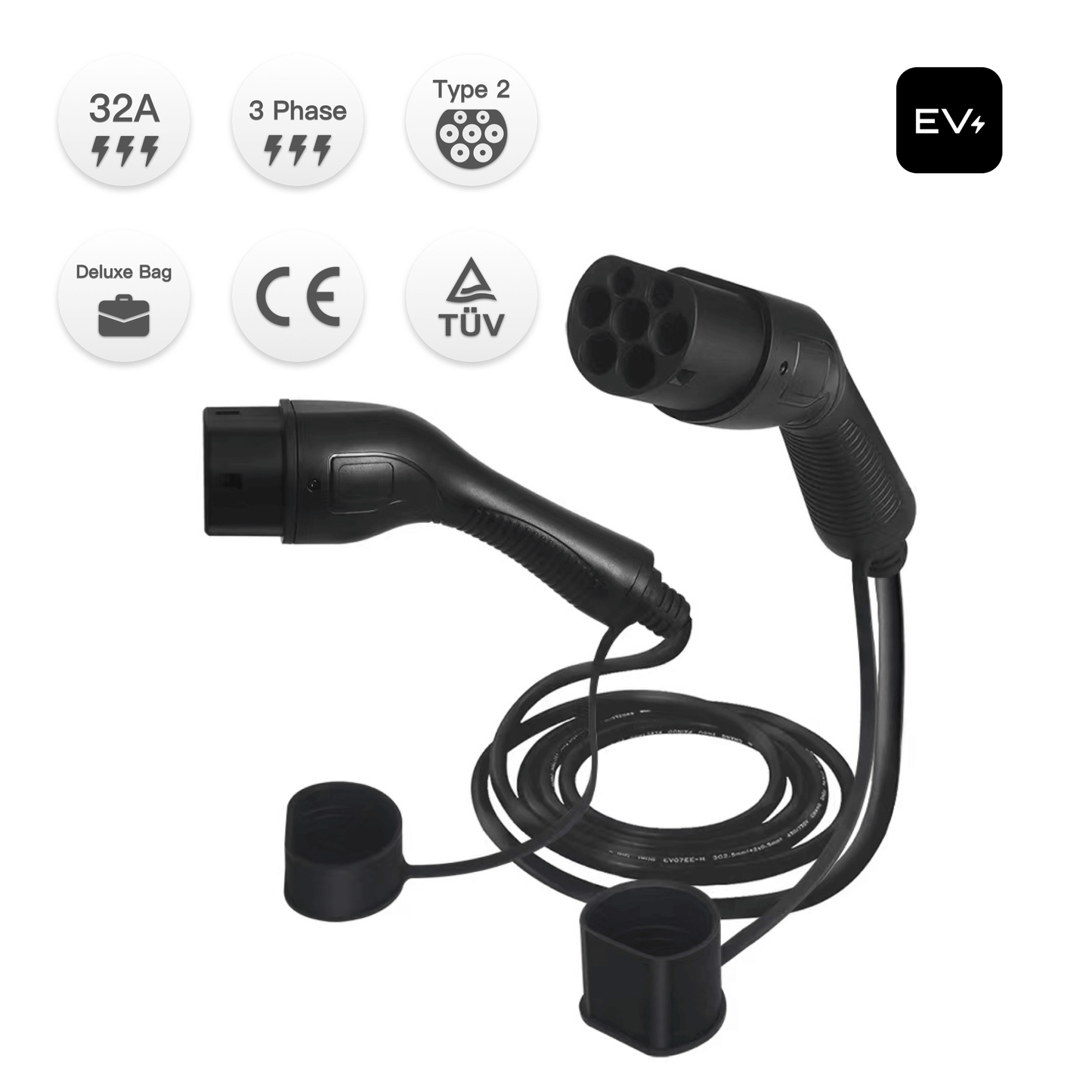
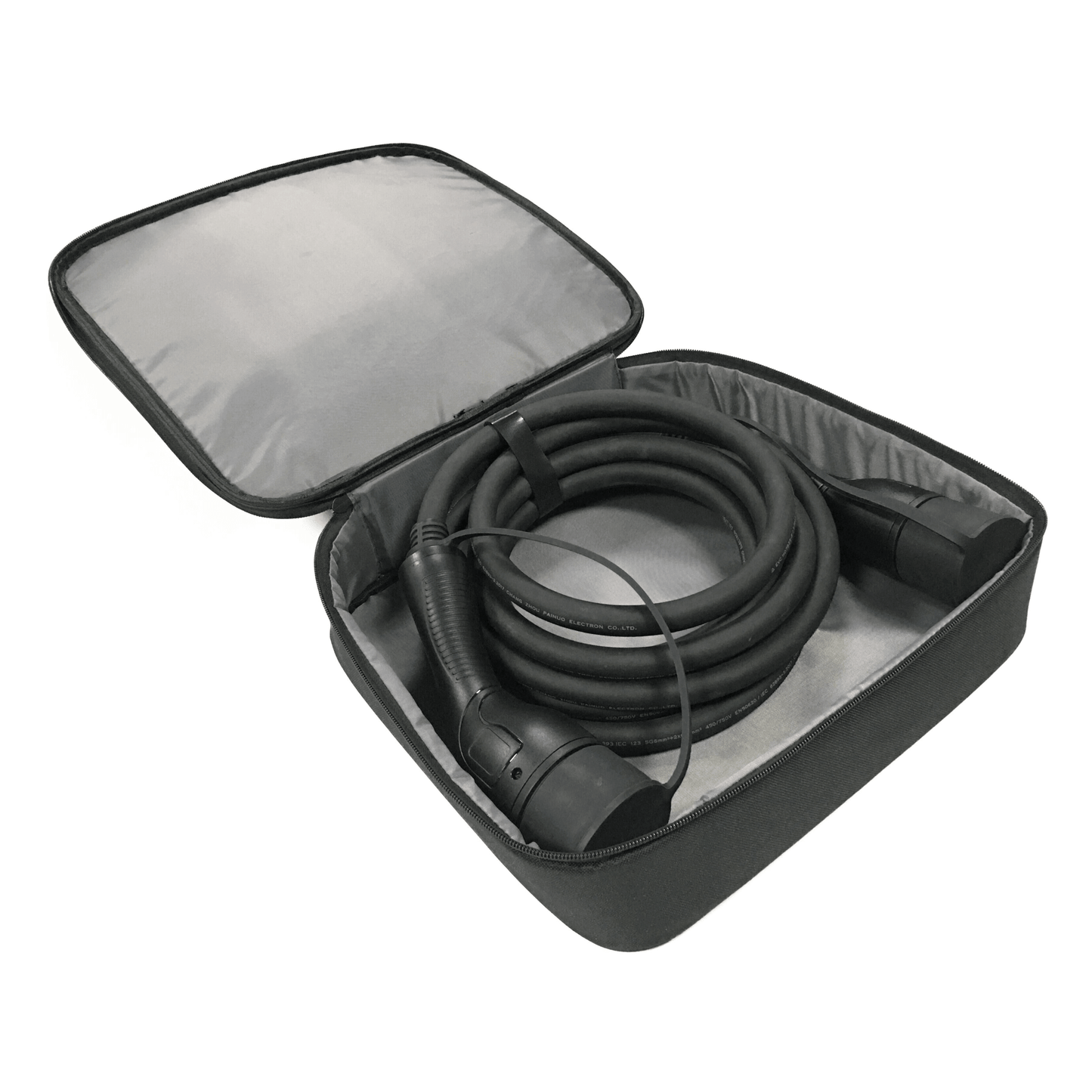
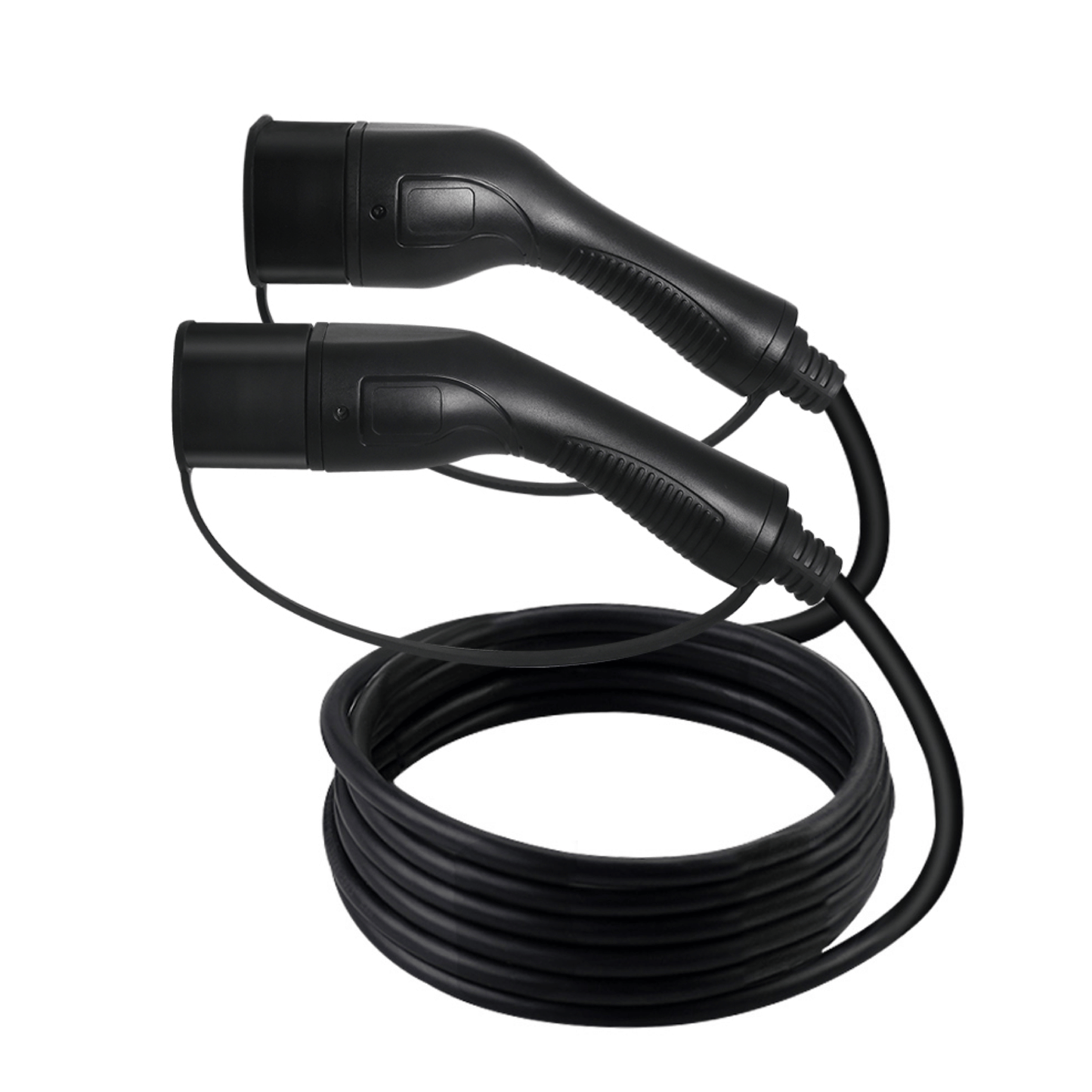
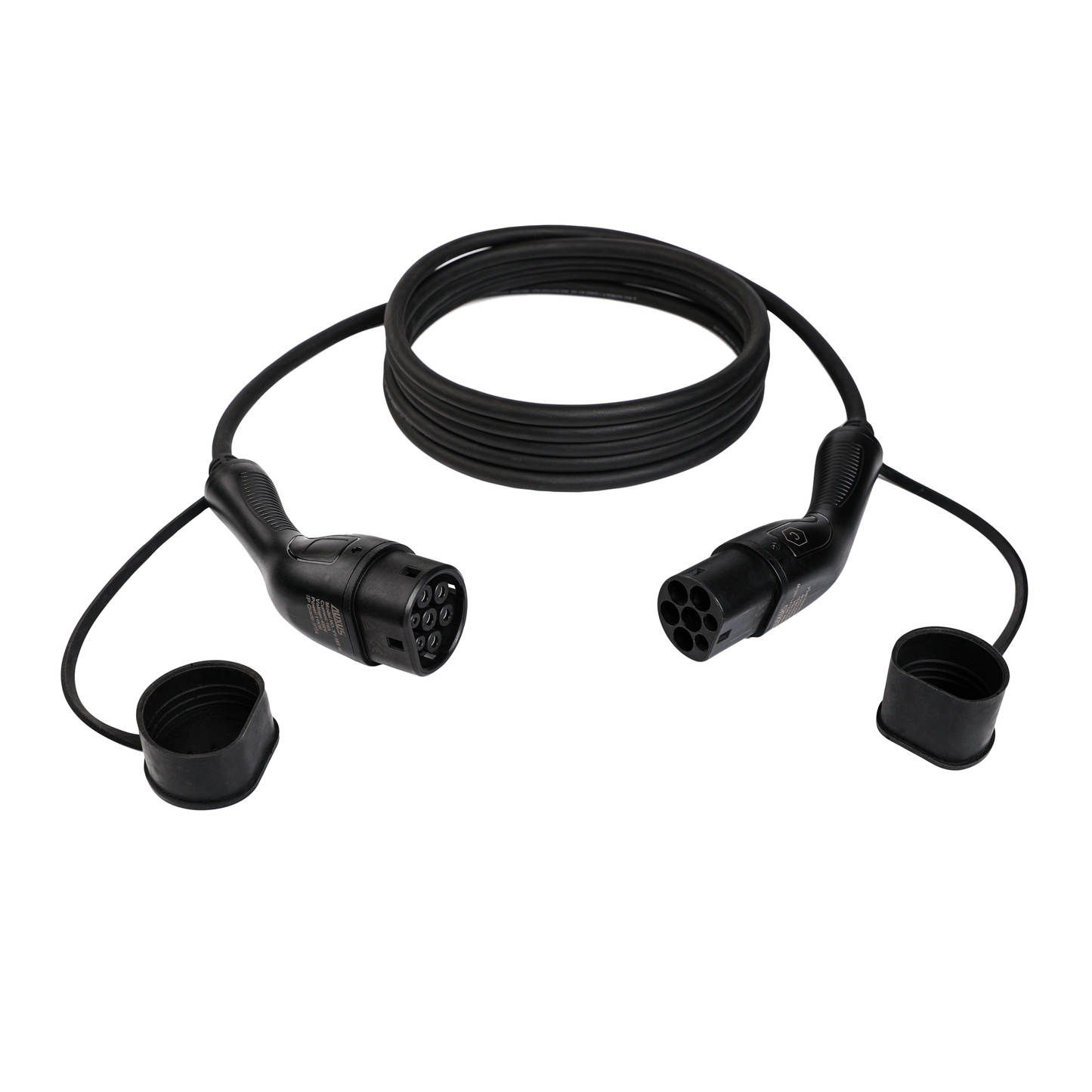
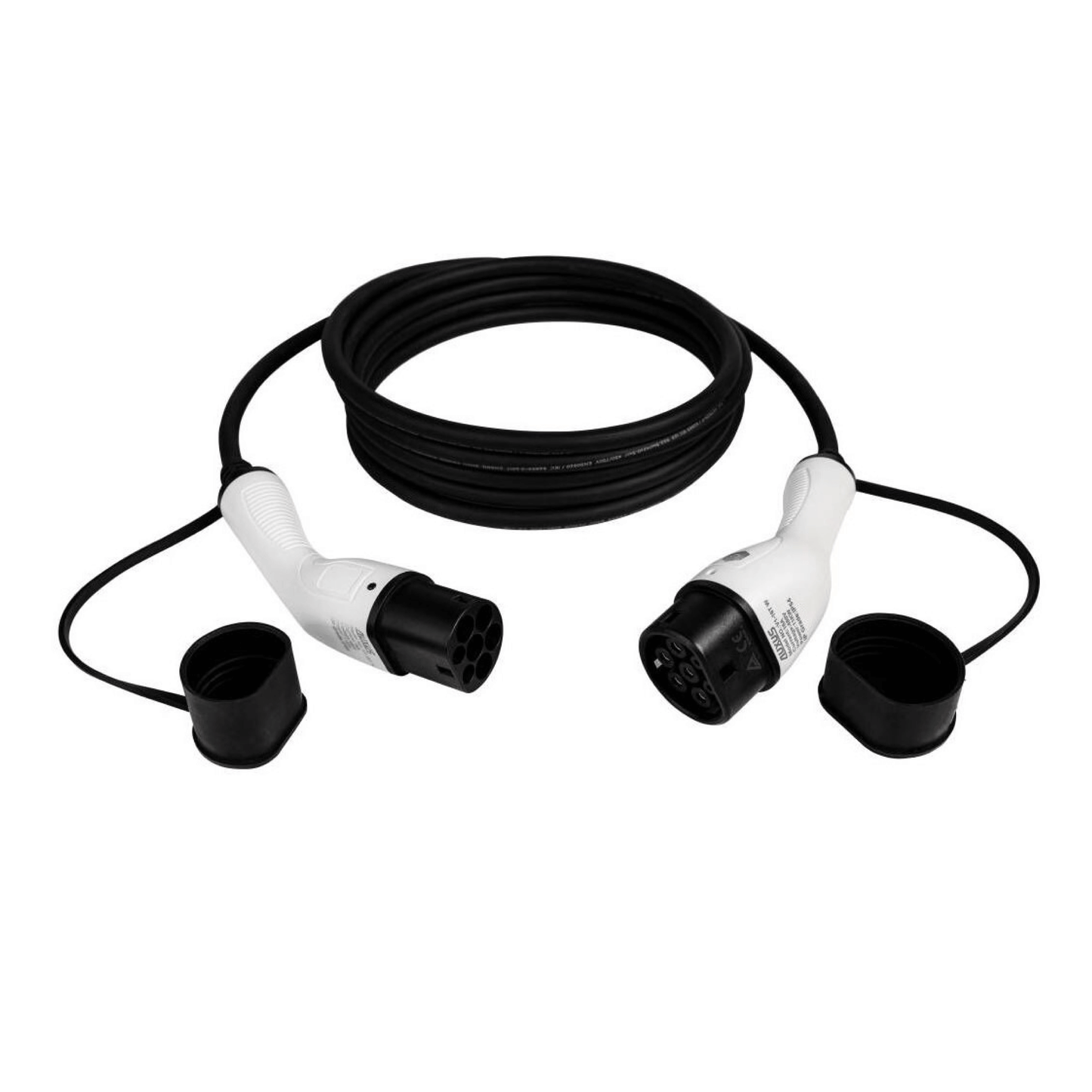
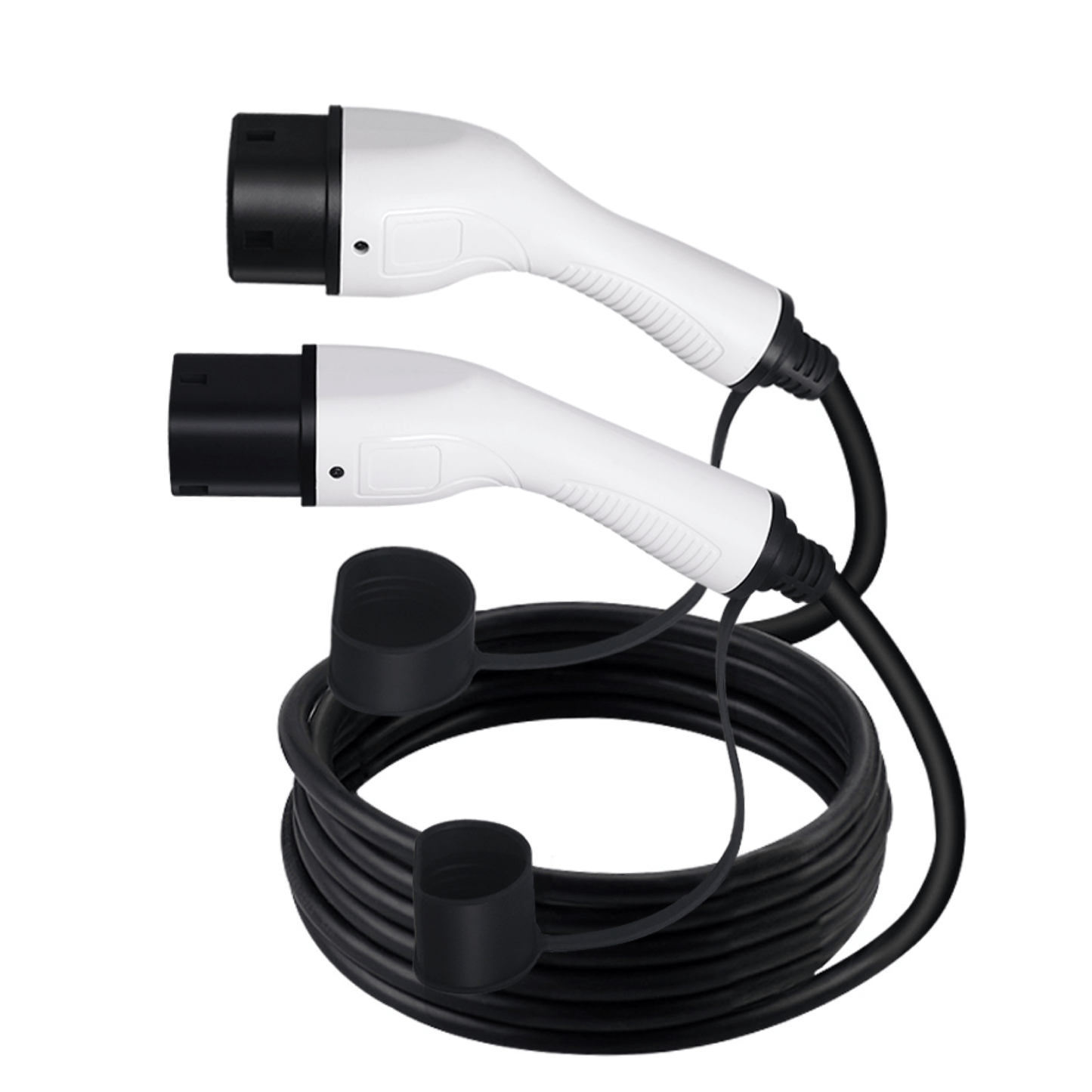
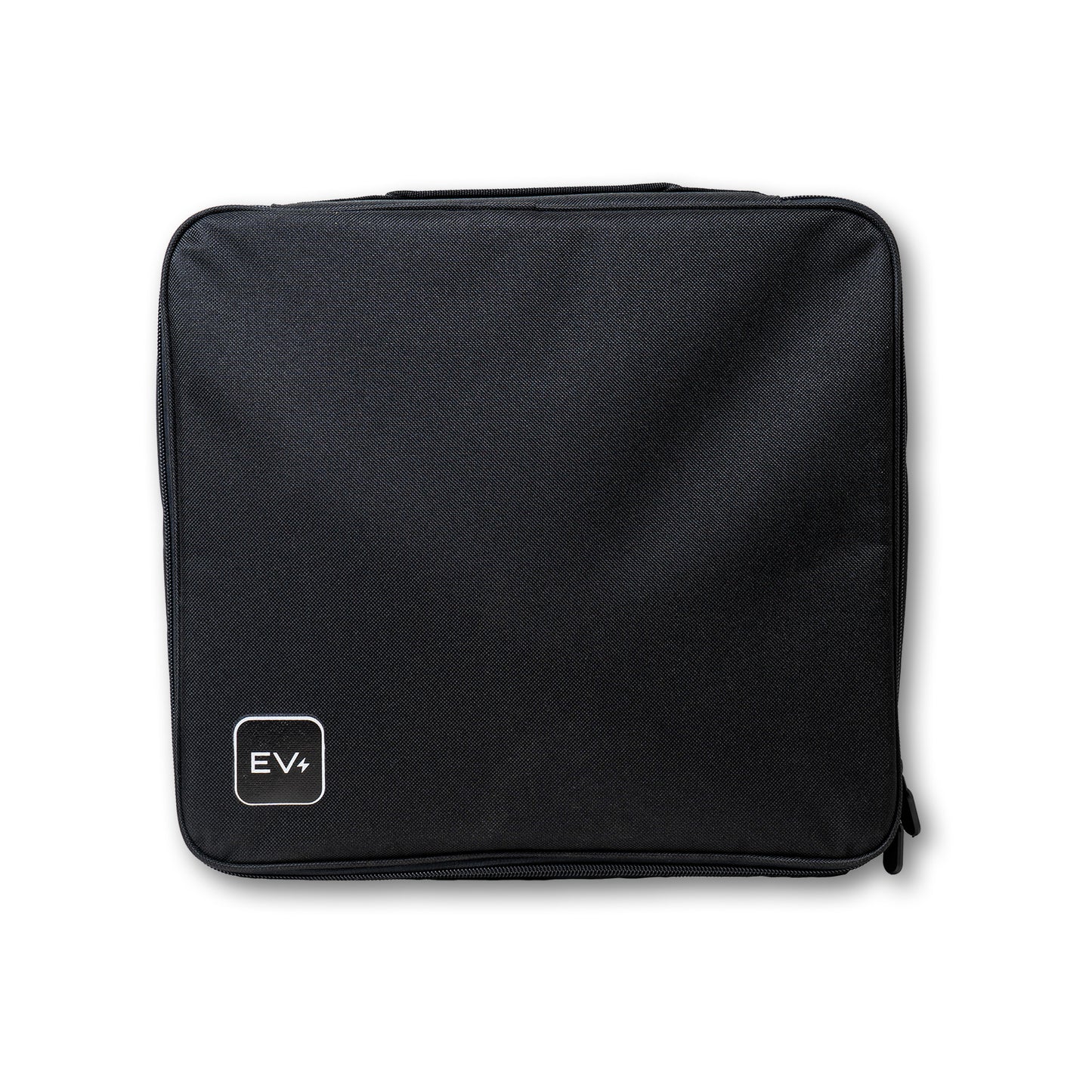
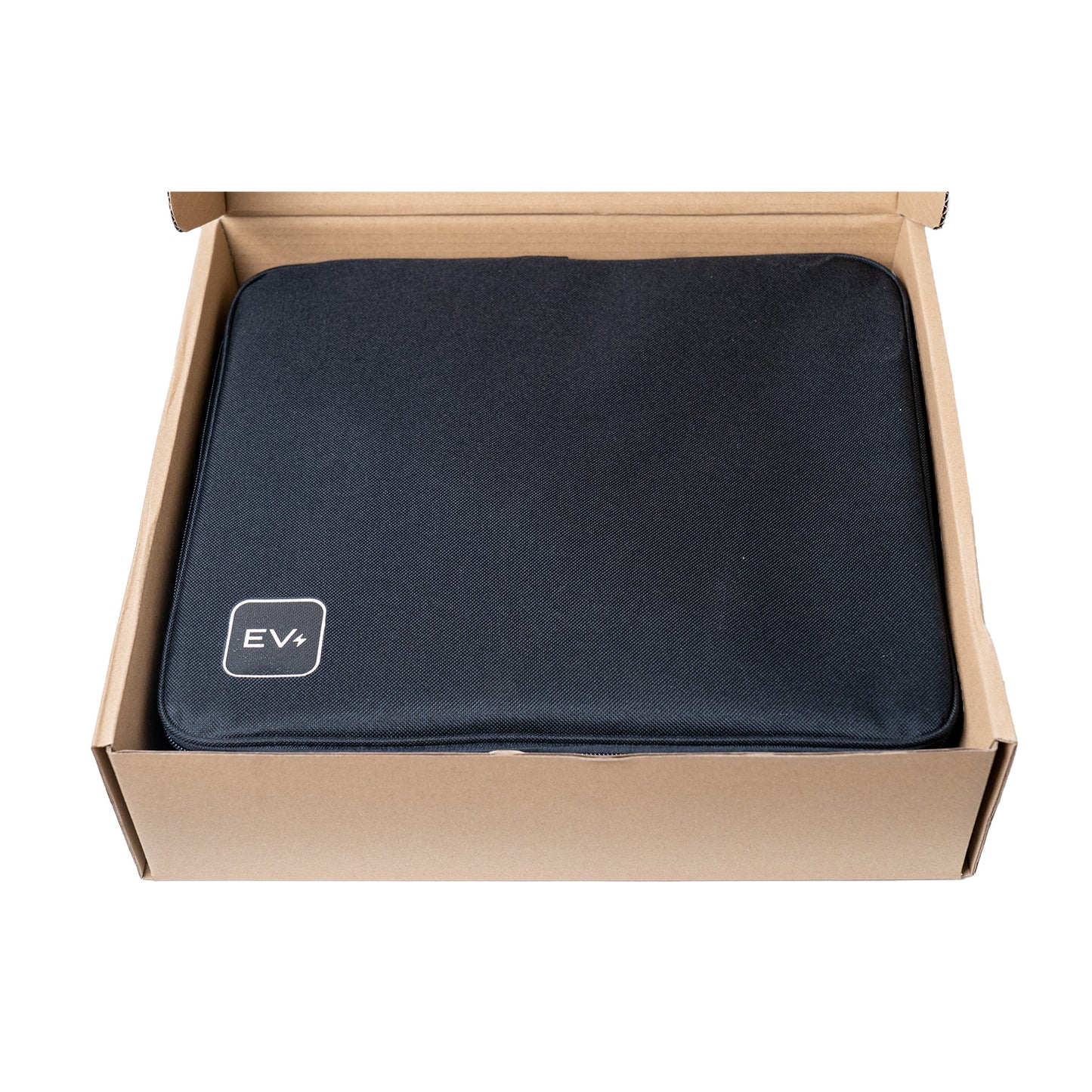
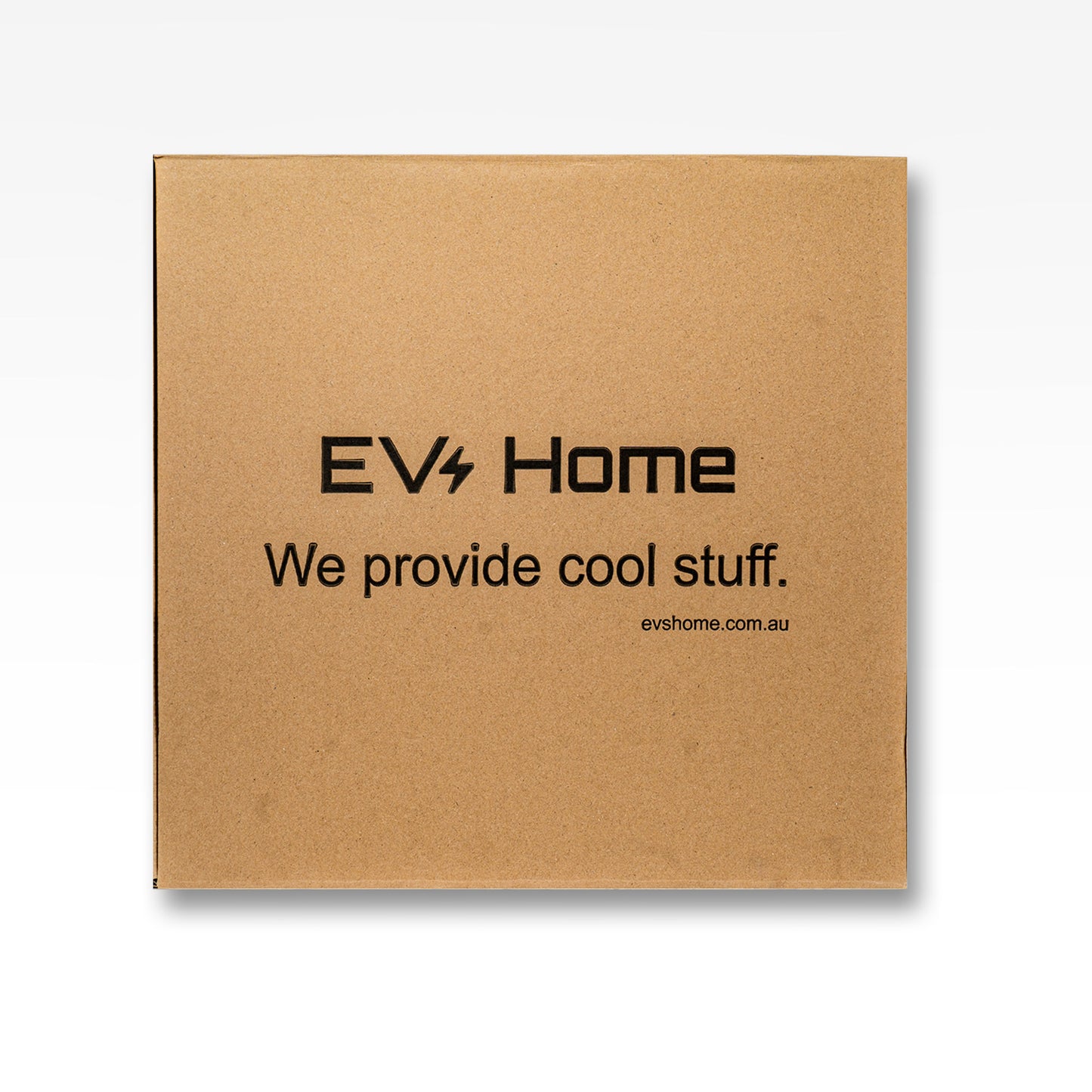
FAQs
Which cable should I choose for my EV?
- First, confirm your car uses a Type 2 inlet (most modern EVs in Australia do).
- Check your car's maximum AC charging rate (e.g., 7kW, 11kW, 22kW).
- Consider where you'll charge most. For standard home charging (single-phase), our 7kW cable is usually sufficient. If you have three-phase power or frequently use faster public AC chargers, our 22kW cable offers maximum speed potential. Our 16A single-phase cable provides a lower power option (approx 3.7kW).
What type of EV charging connector is standard in Australia?
Australia primarily uses the Type 2 (Mennekes) connector for AC charging, which is compatible with almost all new EVs sold locally, including Tesla, BYD, MG, Hyundai, Kia, and European brands. All our cables listed use the Type 2 connector at both ends.
Do I need to bring my own cable to public charging stations?
It depends. Many public AC charging stations (Level 2) require you to bring your own Type 2 to Type 2 cable, like the ones we offer. DC fast chargers (Level 3) always have their own cables attached (usually CCS2 or CHAdeMO). It's always good to carry a reliable cable like ours.
What's the difference between Single Phase and Three Phase charging cables?
- Single-phase cables (like our 7kW/32A and 16A/approx 3.7kW models) use one line of AC power, common in Australian homes.
- Three-phase cables (like our 22kW/32A model) use three lines of AC power, allowing for much faster charging speeds (up to 22kW) if your home/location has a three-phase supply and your car can accept it.
Will a 22kW cable charge my car faster on a 7kW charger?
No. The charging speed is limited by the lowest component (car's onboard charger, charging station output, or cable rating). Using our 22kW cable on a 7kW station will still only deliver a maximum of 7kW. However, buying a 22kW cable "future-proofs" you for faster charging opportunities.
Can I mix single-phase and three-phase EV cables and chargers?
Yes, you can safely connect our single-phase or three-phase Type 2 cables to either single-phase or three-phase chargers.
However, your charging speed is always limited by the component with the lowest capacity (cable, charger, or car).
- Using our 3-phase cable on a 1-phase charger? You'll get 1-phase speeds (max ~7kW).
- Using our 1-phase cable on a 3-phase charger? You'll still get 1-phase speeds (max ~7kW).
You only get faster (3-phase) speeds if your car, the charger, and the cable all support it.
Are your EV charging cables weatherproof? Can I use them outdoors in the rain?
Yes, our cables are designed for durability and safe use in various conditions. For specific weatherproofing details, check the cable's IP (Ingress Protection) rating on the product page.
An IP65 rating, for example, means the connector is dust-tight and protected against water jets from any direction, making it suitable for use in the rain.
